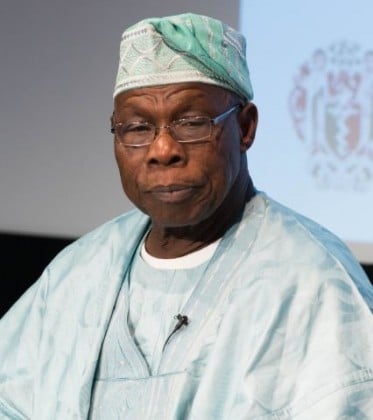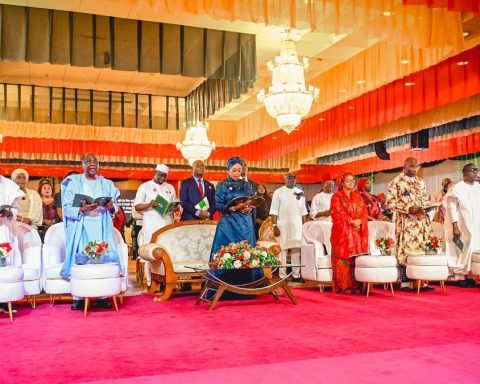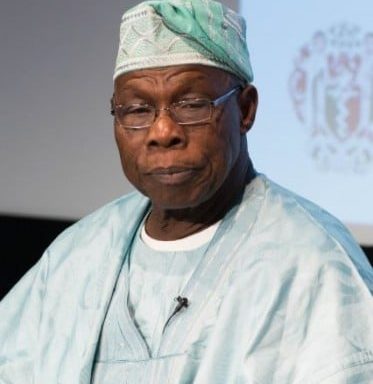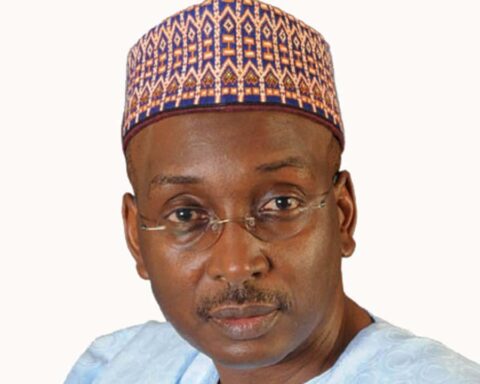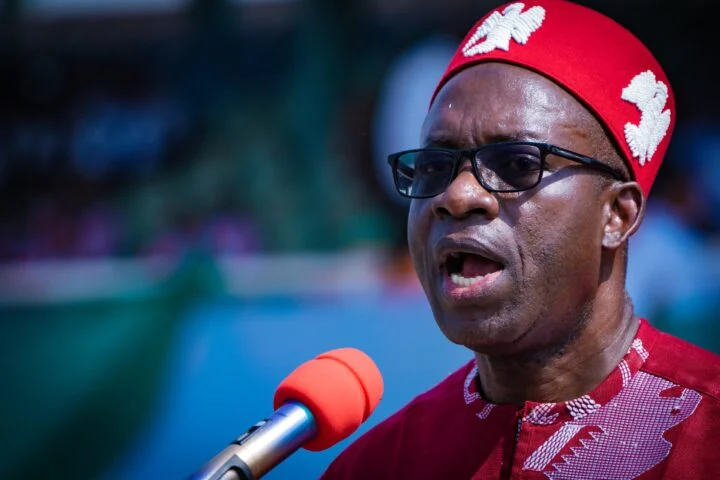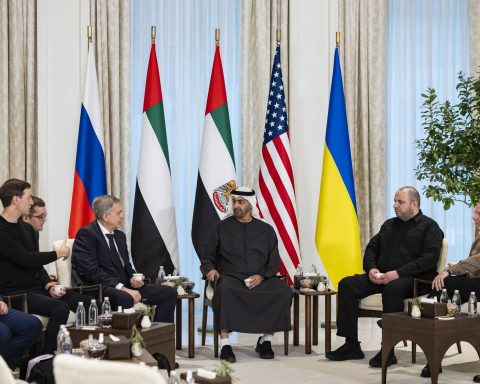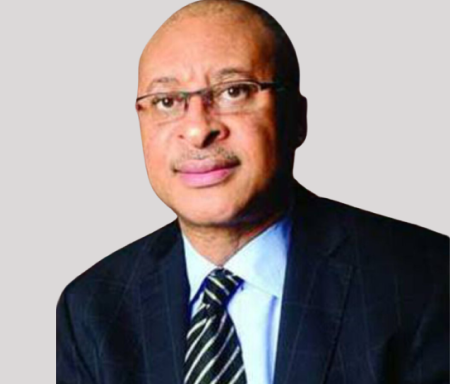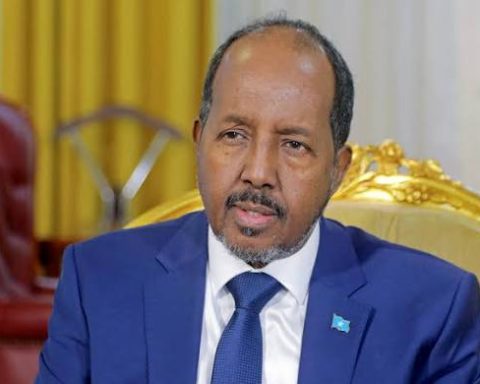Former Nigerian President Olusegun Obasanjo has reiterated his call for a single African currency, citing the detrimental effects of the continent’s dependence on the US dollar. Speaking at the Intra-African Trade Fair (IATF 2025) in Algiers, Algeria, Obasanjo expressed deep concern over the decline of the naira, describing Nigeria’s currency as having lost its intrinsic value.
Join our WhatsApp Channel
The Naira’s Dramatic Decline
Obasanjo highlighted the stark contrast between the naira’s value in 1979 and today, noting that it exchanged for $1.80 then, but now stands at approximately ₦1,600 to $1. “What have we done to devalue our currency to this extent?” he asked, adding, “Something must be wrong. I cannot believe that in my own lifetime, the naira has become so devalued that it is not even worth the paper it is printed on.”
READ ALSO: Currency In Circulation Hits N5.01trn As 91.2% Of Cash Remains Outside Banks
How Naira Is Becoming The Most Unpredictable Currency– BDC Operators
The Need for Continental Financial Autonomy
As chair of the IATF Advisory Council, Obasanjo emphasized the importance of reducing dependence on foreign currencies, particularly the US dollar and euro, which he believes hinders intra-African commerce. He praised the African Export-Import Bank (Afreximbank) for championing the Pan-African Payment and Settlement System (PAPSS), enabling businesses to transact directly in local currencies.
A Unified African Currency: A Path to Economic Sovereignty
Obasanjo’s call for a single African currency aims to promote economic sovereignty, enhance trade, and support sustainable development. By adopting a unified currency, Africa can reduce its vulnerability to external economic shocks and foster greater economic integration.
Key Benefits of a Single African Currency
- Enhanced Economic Integration: A single currency would facilitate trade among African nations, promoting economic cooperation and development.
- Reduced Dependence on Foreign Currencies: By transacting in local currencies, Africa can minimize its reliance on the US dollar and euro.
- Increased Economic Sovereignty: A unified currency would allow Africa to set its own economic agenda, reducing vulnerability to external influences.
Amanze Chinonye is a Staff Correspondent at Prime Business Africa, a rising star in the literary world, weaving captivating stories that transport readers to the vibrant landscapes of Nigeria and the rest of Africa. With a unique voice that blends with the newspaper's tradition and style, Chinonye's writing is a masterful exploration of the human condition, delving into themes of identity, culture, and social justice. Through her words, Chinonye paints vivid portraits of everyday African life, from the bustling markets of Nigeria's Lagos to the quiet villages of South Africa's countryside . With a keen eye for detail and a deep understanding of the complexities of Nigerian society, Chinonye's writing is both a testament to the country's rich cultural heritage and a powerful call to action for a brighter future. As a writer, Chinonye is a true storyteller, using her dexterity to educate, inspire, and uplift readers around the world.


